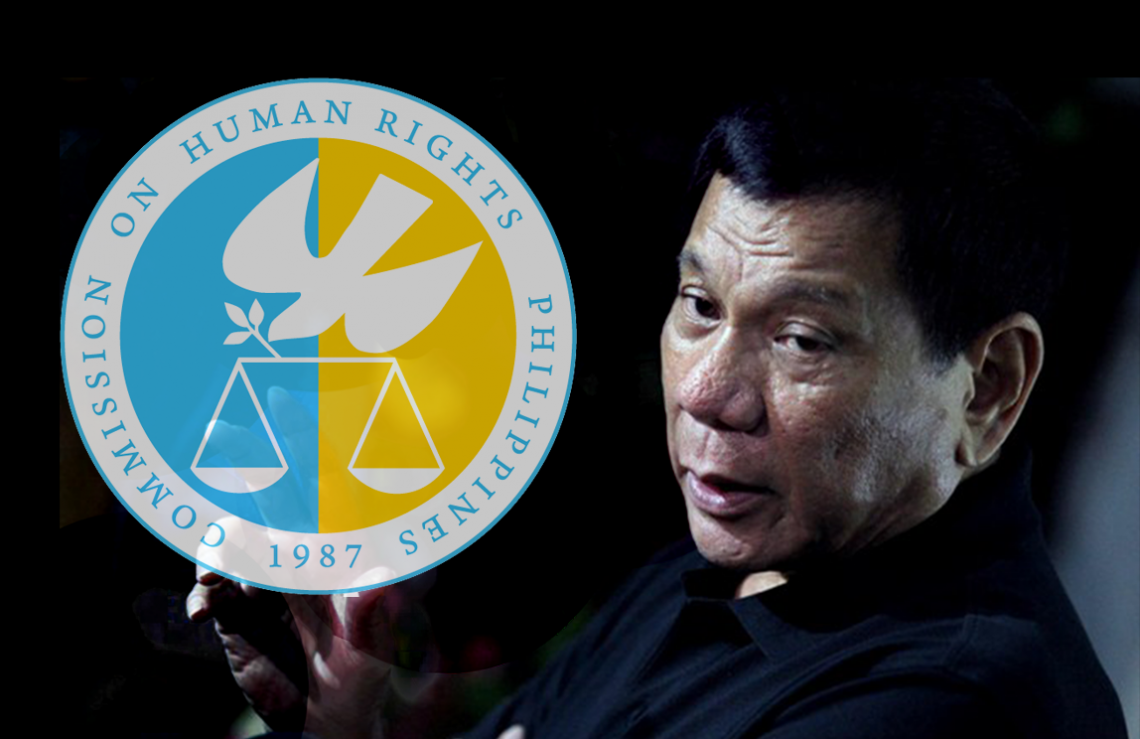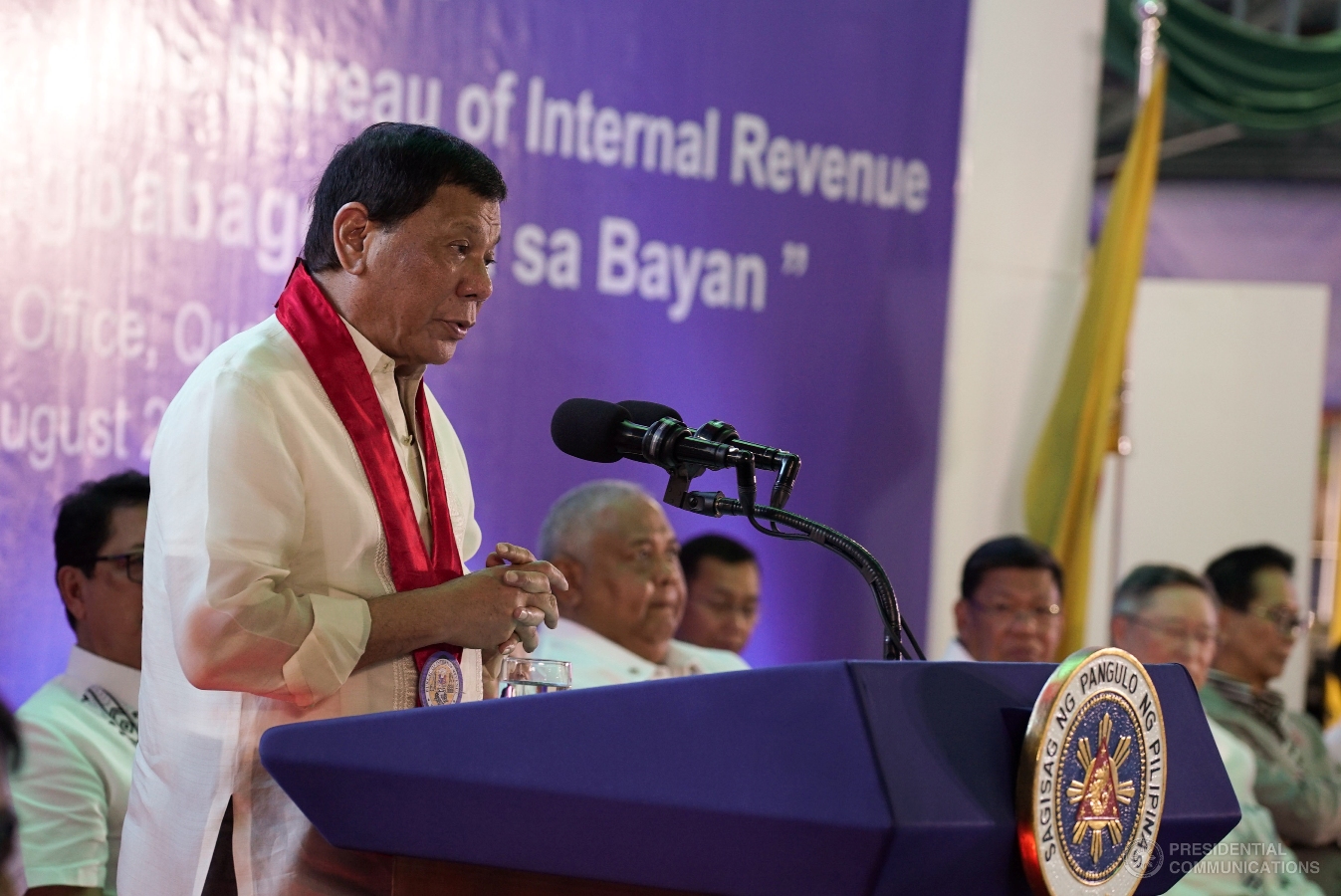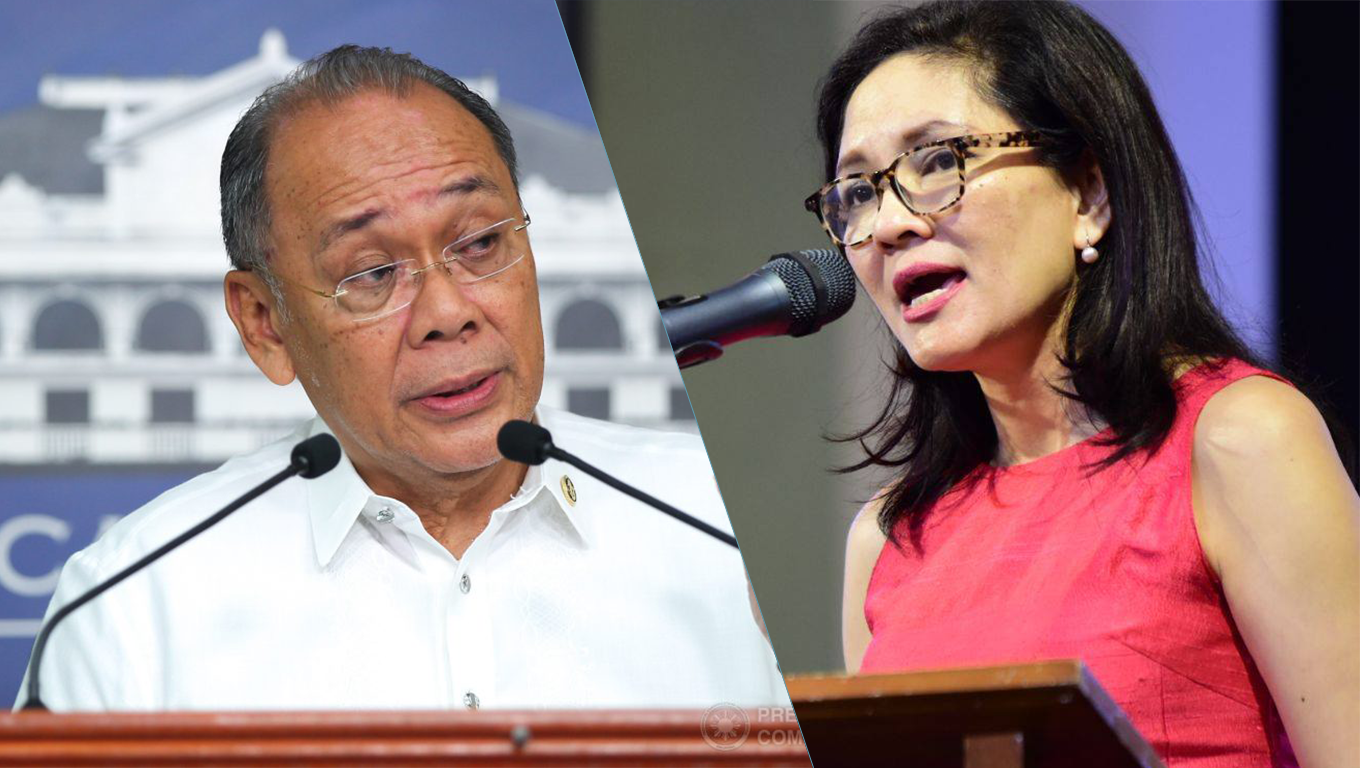
President Rodrigo Duterte, in a media interview following his 2017 State of the Nation Address (SONA), said he wants the Commission on Human Rights (CHR) abolished.
Earlier, the president accused the commission of defending criminals, and turning a blind eye on crimes committed by drug addicts, contrary to the CHR’s mandate. (See VERA FILES FACT CHECK: Duterte says the CHR defends criminals)
Similarly, Duterte’s Justice Secretary, Vitaliano Aguirre, had incorrectly criticized the CHR for not filing cases against erring members of the police. (See VERA FILES FACT CHECK: Is Aguirre correct in saying the CHR should file cases against erring policemen?)
Amid the confusion, here are three facts about the CHR.
What is the CHR?
It is an independent government body which, as its name suggests, looks into the human rights dimensions of cases, and violations of human rights perpetrated by both state- and non-state actors.
The 1987 Constitution itself has provided for the creation of the CHR. The body was effectively created on May 5, 1987, when former President Corazon Aquino signed Executive Order 163.
The Constitution tasks the CHR to among others “investigate, on its own or on complaint by any party, all forms of human rights violations involving civil and political rights.”
What does the CHR really do?
The CHR is an investigative and recommendatory body. It does not file and adjudicate cases.
“It cannot try and decide cases (or hear and determine causes) as courts of justice, or even quasi-judicial bodies do,” the Supreme Court noted in a 1991 decision.
If the CHR finds in its investigation that human rights violations were committed, it makes recommendations to the appropriate government body that has jurisdiction over the case.
In 2012, for example, the CHR in a resolution following a public inquiry recommended that the Office of the Ombudsman investigate Duterte for “possible administrative and criminal liability,” because of his alleged inaction on killings committed by the so-called Davao Death Squad. Duterte was mayor of Davao City for 22 years.
The Ombudsman in 2016 terminated the case for lack of evidence, but will reopen it following the filing of a criminal complaint against Duterte by self-confessed hitman Edgar Matobato. (See VERA FILES FACT CHECK: Duterte cleared of involvement in the Davao Death Squad?)
The CHR also checks whether the government complies with international treaties, including the 1948 Universal Declaration of Human Rights, to which the Philippines is a signatory.
More, it can exercise “visitorial powers” over prisons and jails, as it did last April, when it found a hidden detention facility in a police station in Tondo, the existence of which is forbidden by the Constitution. (See VERA FILES FACT SHEET: At least how many laws are violated in the PNP’s secret jail cell?)
Can the CHR be abolished, following Duterte’s statement?
The only way to abolish the CHR is to amend the Constitution, lawyer Christian Monsod, one of the framers of 1987 Constitution, told VERA Files.
Duterte has said several times that he wants the Constitution changed, especially in the context of shifting the country’s system of government to federalism. Yet, he has been unclear on how he wants to do it. (See Is that so? Duterte, Alvarez shift from Con-Con to Con-Ass)
Notably, the president himself has recognized the role of the CHR when he signed General Order 1 on May 30, implementing Proclamation 216 which placed Mindanao under Martial Law.
Section 5 of the order states:
“In the implementation of this Order, the constitutional rights of the Filipino people shall be respected and protected at all times. The Commission on Human Rights is hereby enjoined to zealously exercise its mandate under the 1987 Constitution, and to aid the Executive in ensuring the continued protection of the constitutional and human rights of all citizens.”
Sources:
CHR Resolution on the Davao Death Squad
GR no. 96681, Cariño v Commission on Human Rights
Media interview with President Rodrigo Roa Duterte Following His 2nd State of the Nation Address
(Guided by the code of principles of the International Fact-Checking Network at Poynter, VERA Files tracks the false claims, flip-flops, misleading statements of public officials and figures, and debunks them with factual evidence. Find out more about this initiative.)
First published on Aug. 2, 2017


